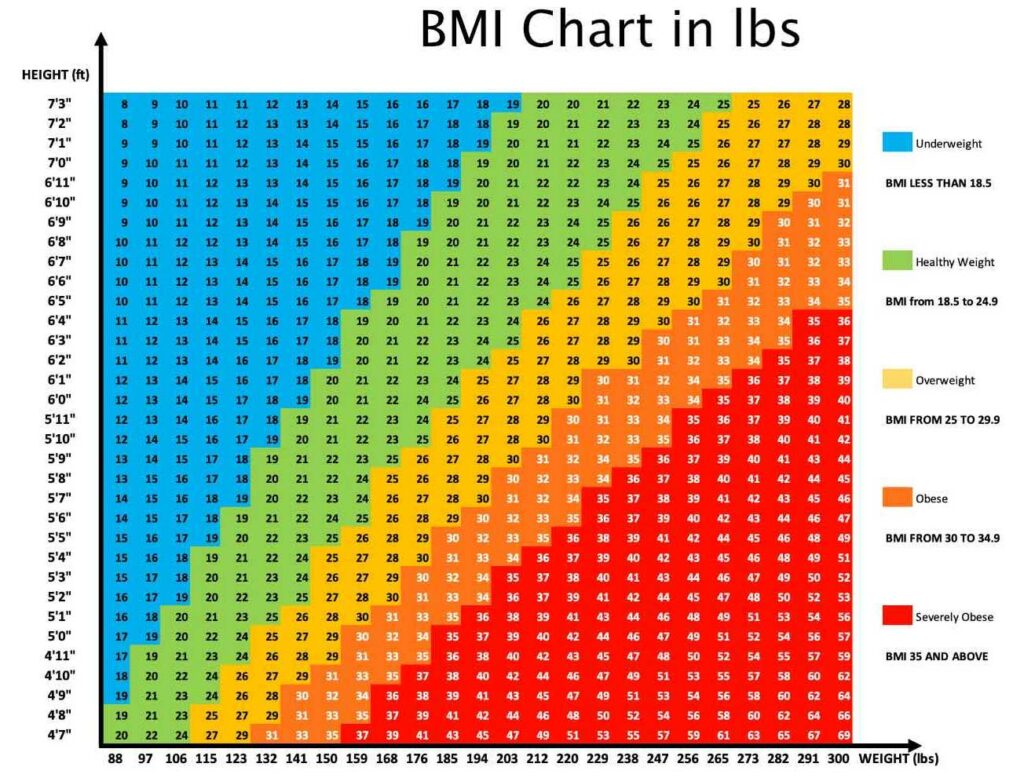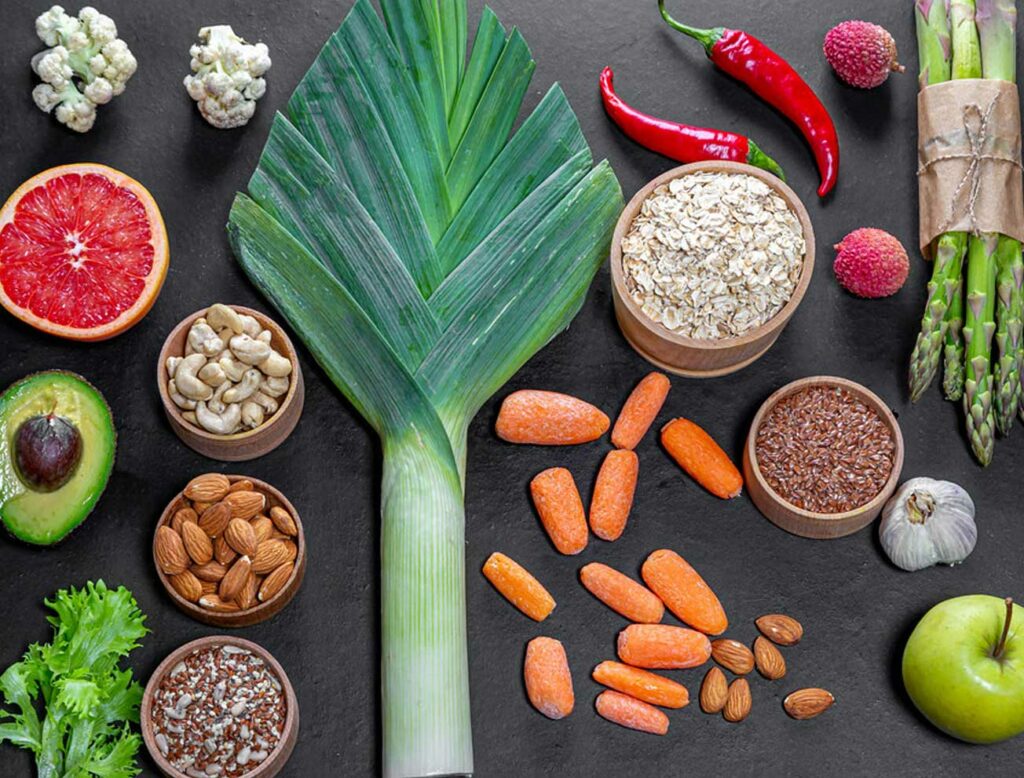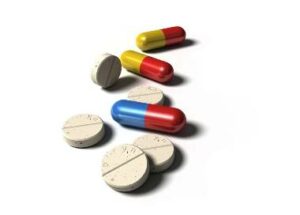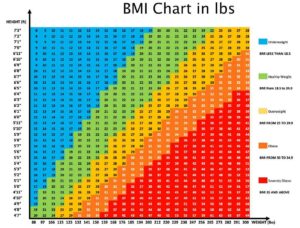Being thin can usually appear healthy, but being underweight can be problematic if it results from inadequate nutrition, pregnancy, or other medical conditions.
While being slim is highly valued in our culture, there is a serious public health concern with the high prevalence of underweight people. Genetics, rapid metabolism, and underlying illnesses like thyroid issues or cancer are just a few of the causes of being underweight people. Adults above the age of 60 and women are more likely to be underweight.
What is Under Weight?
An individual is considered underweight if their body mass index (BMI) is less than 18.5. According to estimates, this is less than the body mass required to maintain good health.
However, the BMI Scale looks only at the weight and height, thus it includes many problems. Muscle mass is not taken into consideration in the measurement of the BMI scale.
There are some healthy individuals who are naturally incredibly thin. According to this scale, being underweight does not always indicate that you have a health issue.

Numerous medical diseases have the potential to lead to unhealthy weight loss. Make an appointment with a doctor if you’re underweight so they can rule out any major health issues.
Risk of Underweight
According to one study, being clinically underweight may be worse for your health than being obese since these people have an almost twofold increased chance of dying.
Being underweight can affect your fertility, harm your immune system, increase your risk of infection, and hair loss, cause osteoporosis and fractures, and lower your disease resistance.
In addition, those who are underweight have a higher chance of developing sarcopenia (age-related muscular loss) and dementia.
It may also cause issues with growth and development in kids.
So, if you’re underweight, schedule an assessment with your physician or nutritionist. You may decide how to reach your target weight together.
Here are a few safe methods for gaining weight while you’re underweight without putting your health in danger.
Build Your Muscle

You will gain weight as you put on muscle since muscle weighs more than fat. Get in at least two sessions of strength training each week.
This covers yoga, push-ups, pull-ups, weight training, aerobic exercises, resistance training, and other weight-gaining exercises. They do burn calories, but doing so may also increase your appetite and cause you to eat more. If you have health issues that make exercise difficult for you, talk to your doctor about the optimal weight-gain exercise regimen.
Crunches, lunges, and squats are exercises you may perform at home to build strength. Exercise with weights, kettlebells, medicine balls, or tubes.
While strength training can help you gain muscle faster, regular aerobic exercise will help you balance your workout schedule. Cardiovascular workouts treat or control several chronic health disorders like high blood pressure or diabetes and offer you more energy throughout the day. They also help to strengthen your heart.
By beginning a resistance training routine, you may prevent overeating and ensure that the extra calories are distributed amongst your muscles and not simply your fat cells.
Bodyweight exercises and free weights are both used in resistance training, often known as strength training. Muscular hypertrophy from resistance exercise results in an increase in muscle mass.
Taking protein supplements in addition to resistance training will help to increase your lean body mass beyond the amount that you gain only by resistance training.
According to one research, adding protein to resistance exercise for six weeks caused healthy adults’ lean mass to develop by 27%.
Food Source and Strategies to eat

The nutrient-dense foods and the strategies to gain weight by eating in the proper way listed below can aid in weight gain in a healthy and efficient manner.
- Eat more often
If you’re underweight, you could feel fuller more quickly. Instead of two or three substantial meals throughout the day, eat five to six smaller ones. you can also include an extra meal or snack, such as right before bed. Don’t hydrate with water before meals. This may make you feel fuller and make it more difficult to consume adequate calories. This is particularly true if you don’t eat a lot or you become full fast, both of which can contribute to being underweight.
- Keep count on calories
To gain weight, you’ll probably need to eat more calories. For slow weight gain, aim for 300–500 extra calories per day, or 700–1,000 extra calories for quick weight gain. If you’re wanting to consume more calories, you might want to use large plates because smaller dishes tend to make individuals eat less.
Although you don’t have to track calories forever, doing so for the first few days or weeks might help you get a sense of how many calories you’re consuming. There are many excellent tools available to assist you.
- Intake of more Protein-rich food
Gaining weight requires protein. For optimum growth, development, and human health, one must consume enough high-quality proteins from animal sources.
The Recommended Dietary Allowance of protein is between 1.0 to 1.6 grams of protein per kilogram of body weight per day for healthy people to enhance skeletal and muscular development and physical strength with little to moderate physical exercise.
Healthy people may consume up to 2 grams of protein per kilogram of body weight per day, with a maximum of 3.5 grams per kilogram of body weight per day.
Meats, fish, eggs, numerous dairy products, legumes, nuts, and other foods are examples of high protein foods. Red meat can aid in weight growth, particularly if you’re trying to add muscle. Salmon has a lot of calories and good fats. Protein is abundant in yogurt. If getting enough protein in your diet is a challenge for you, protein supplements like whey protein might be helpful.
Although water is healthy for you, it might make you less hungry. If you frequently drink a lot of liquids while eating, attempt to make those liquids matter. Intake milk, Protein shakes, and smoothies.
Whole milk can be a convenient method to consume additional high-quality protein and calories while also quenching your thirst.
Consider weight-gaining shakes. Consider using weight gainer shakes if you are having difficulties gaining weight. These have a lot of calories, carbohydrates, and protein.
Furthermore, consuming too much protein may make you more susceptible to developing heart disease.
Consult a doctor to determine whether increasing your protein consumption would enable you to safely acquire the weight you want.
- Intake of more Carbohydrates and Fats
If gaining weight is a goal for you, eat lots of high-carb and high-fat meals. Each meal should have a good amount of protein, fat, and carbohydrates.
Before working out, carbs will increase your endurance, and afterward, a combination of carbohydrates and protein will promote muscle repair.
Eating fat can be a good strategy to control your weight as it is a necessary component of your diet. Consume nuts, seeds, and nut butter. Try pairing full-fat yogurt with dried fruit or cheese and crackers to gain weight.
- Intake of more energy-rich food
Additionally, make every effort to emphasize foods that are high in energy. These are foods with high-calorie counts compared to their weight.
Eat at least three meals a day, and whenever you can, include an energy-dense snack. Eating primarily whole foods, such as fruits, vegetables, whole grains, and legumes, is crucial.
Eat veggies with calories instead of loading up on celery and other watery vegetables. Avocados are a versatile item and provide healthful fat. You can gain weight by eating starchy vegetables including potatoes, sweet potatoes, squash, and maize.
You can get calories and fiber from fruits including bananas, blueberries, grapes, and mangoes. Processed grains offer fewer nutrients and fewer calories than whole-grain bread, pasta, and crackers.
However, these foods are typically more satisfying than processed junk food, it is more difficult to consume enough calories from them.
This may be achieved by using a lot of sauces, condiments, and spices. The easier it may be to consume a lot of food, the tastier it is. Additionally, toppings could have more calories.
- Intake supplements
The best course of action for you will depend on your specific health situation, however, medications and other natural things may assist promote healthy weight gain.
To gain weight naturally, you may also consider taking supplements like creatine monohydrate. Just take in 3-5 grams per day. The best use of muscle storage supplements shows results within three to four weeks. It is preferable to speak with a Naturopathic doctor before beginning any weight-gain supplements.




